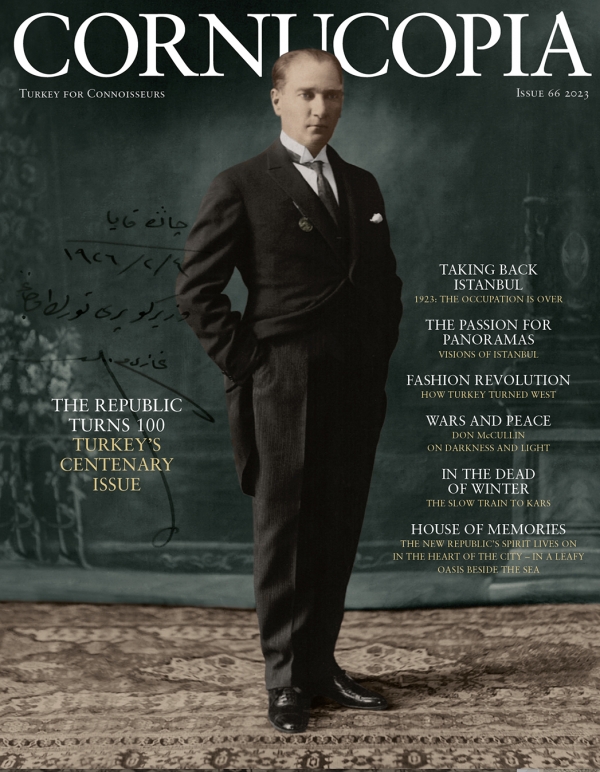When reflecting on the history of the late Ottoman Empire, it is difficult not to consider the exponents of the early-twentieth-century British ruling class as the paradigmatic proponents of a diehard colonialism, often characterised by a truly racist attitude vis-à-vis Muslim politicians and communities. At a closer glance, though, Britain’s political and cultural landscape was not restricted to David Lloyd George and George Curzon. On the contrary, it counted various exceptions, whose standpoints and principles were nevertheless defeated during the last stages and in the immediate aftermath of WW1. Aubrey Herbert, Member of Parliament, war veteran, polyglot traveller and agent, may be considered a champion of an unorthodox approach to Britain’s eastern politics. Fluent in Turkish and Albanian, he had become acquainted since his earliest experiences with the most outstanding figures of the late Ottoman Empire, pursuing a direct, peer-to-peer relationship with local élites throughout his short yet fearless life. A tireless writer, he assembled his diaries in a war essay and in an autobiography entitled Ben Kendim (I Myself). Far from being a mere political strategy, his attachment to the eastern world was the heartfelt outcome of an inquisitive mind, constantly in search of similarities and friendship rather than differences and enmity. A century after his death, Aubrey Herbert remains a model for all those who believe that east and west are neither designated enemies nor destined to a perennial, mutual distrust. Another world order was possible. Is this still the case? – Vera Constantini
The SPEAKER
Vera Constantini is Associate Professor of Turkish Language and Ottoman History and Palaeography at the Ca’ Foscari University of Venice. PhD at the Ecole des Hautes Études en Sciences Sociales (Paris), she was Associate Research Fellow at the Italian Academy of Columbia University in 2011. Her main research interests concern the early-modern social and economic history of the Mediterranean and the history of liberal Italy’s foreign policies.

 Issue 66, December 2023
Turkey’s Centenary Issue
Issue 66, December 2023
Turkey’s Centenary Issue